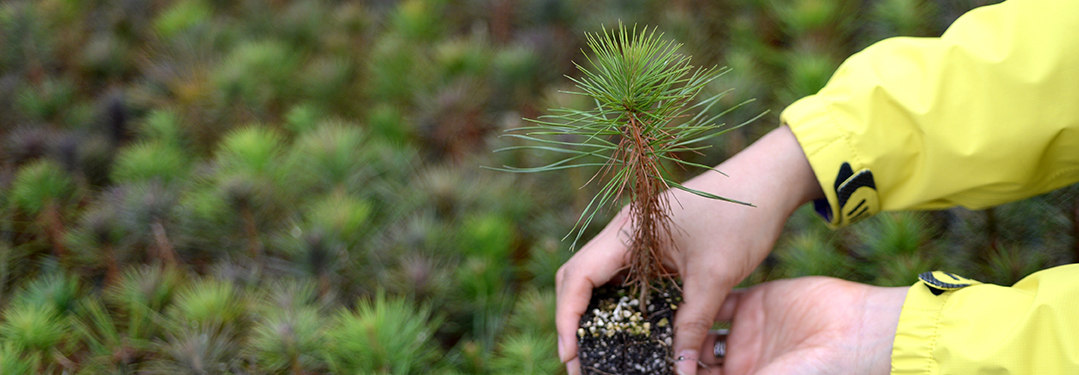Penn State Plantskydd Animal Repellent Evaluation
From: Roth, Gregory Wayne
Sent: Tuesday, November 13, 2018 9:08 PM
To: richard@treeworld.com
Cc: Murillo-Williams, Adriana <axm1119@psu.edu> Subject: Plantskydd Evaluation
Richard,
I wanted to get back to you with some of our observations on the use of the Plantskydd that you supplied to us earlier in the year.
Our cooperating farmer, had the product applied to two elds on June 28th. e soybeans in both elds were ex- periencing some grazing at that point and sections of the eld had some serious defoliation. ey le untreated areas along the edge of one eld and in the other eld there were strips that were untreated.
e application really reduced deer feeding at that point as the deer lethe elds for about 10 days. Rainfall
was minimal during that period. e soybeans were able to recover and develop substantial leaf growth. e deer damage in untreated strips in the eld was eliminated as well. In the second eld where the control area was le on the edge of the eld, the deer continued to graze in the control area. Picture STC_0005 shows a deer approaching the treated area at on the right and then moving away in STC_0007. In STC_0003 we see a group of deer feeding exclusively on the le half of the picture which was untreated.
On July 6th, 8 days later, I sprayed some treatments a second time as the deer started moving back into the elds a bit. Our cooperator decided to spray both elds about 12 days later and included the Plantskydd in with his Herbicide, Fungicide and Insecticide. He did leave a control area in the Sellers farm. He did not see the same strong e ect on the deer that he saw on the rst application. He is not sure if it is due to the mixture or the dilution rate they used. In some other applications they did, they felt that they got some better e ects with the straight Plantskydd later in the year on green beans and soybeans.
Later in July we had heavy rain and the soybean growth was good. Deer feeding resumed in the control area on the Sellers farm Field and throughout the other eld. At this point the cooperator has harvested the Sellers eld and yields were very good. He estimates a 10 bu/acre bene t from the Plantskydd there, by deterring damage and focusing it on the untreated check area along the edge of the eld.
So overall I think the product evaluation was good. I wish we could have convinced them to do some perimeter sprays later in the season. I have a feeling that might have really made the di erence.
anks for your support of this eort. I was glad we could expose these producers to this product and educate them a bit about its use.
Greg W. Roth
Professor Emeritus of Agronomy Email: gwr@psu.edu




